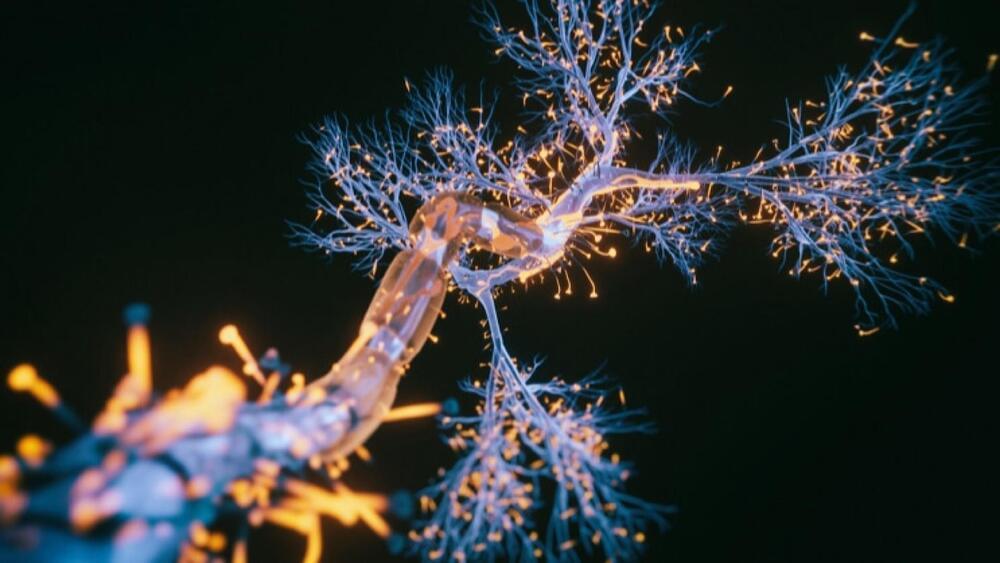Summary: Researchers have designed a new method of converting non-neural cells into functioning neurons that are able to form synapses, dispense dopamine, and restore the function of neurons undermined by Parkinson’s associated destruction of dopaminergic cells.
Neurodegenerative diseases damage and destroy neurons, ravaging both mental and physical health. Parkinson’s disease, which affects over 10 million people worldwide, is no exception. The most obvious symptoms of Parkinson’s disease arise after the illness damages a specific class of neuron located in the midbrain. The effect is to rob the brain of dopamine—a key neurotransmitter produced by the affected neurons.
In new research, Jeffrey Kordower and his colleagues describe a process for converting non-neuronal cells into functioning neurons able to take up residence in the brain, send out their fibrous branches across neural tissue, form synapses, dispense dopamine and restore capacities undermined by Parkinson’s destruction of dopaminergic cells.
